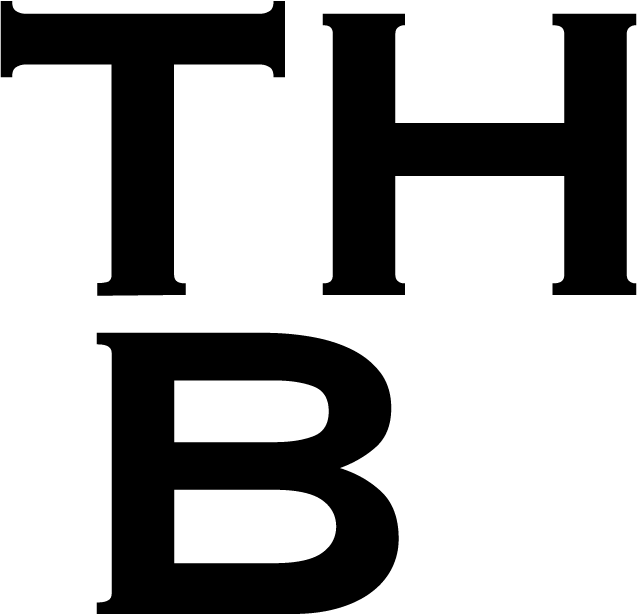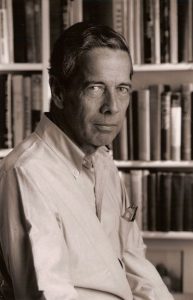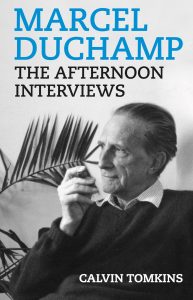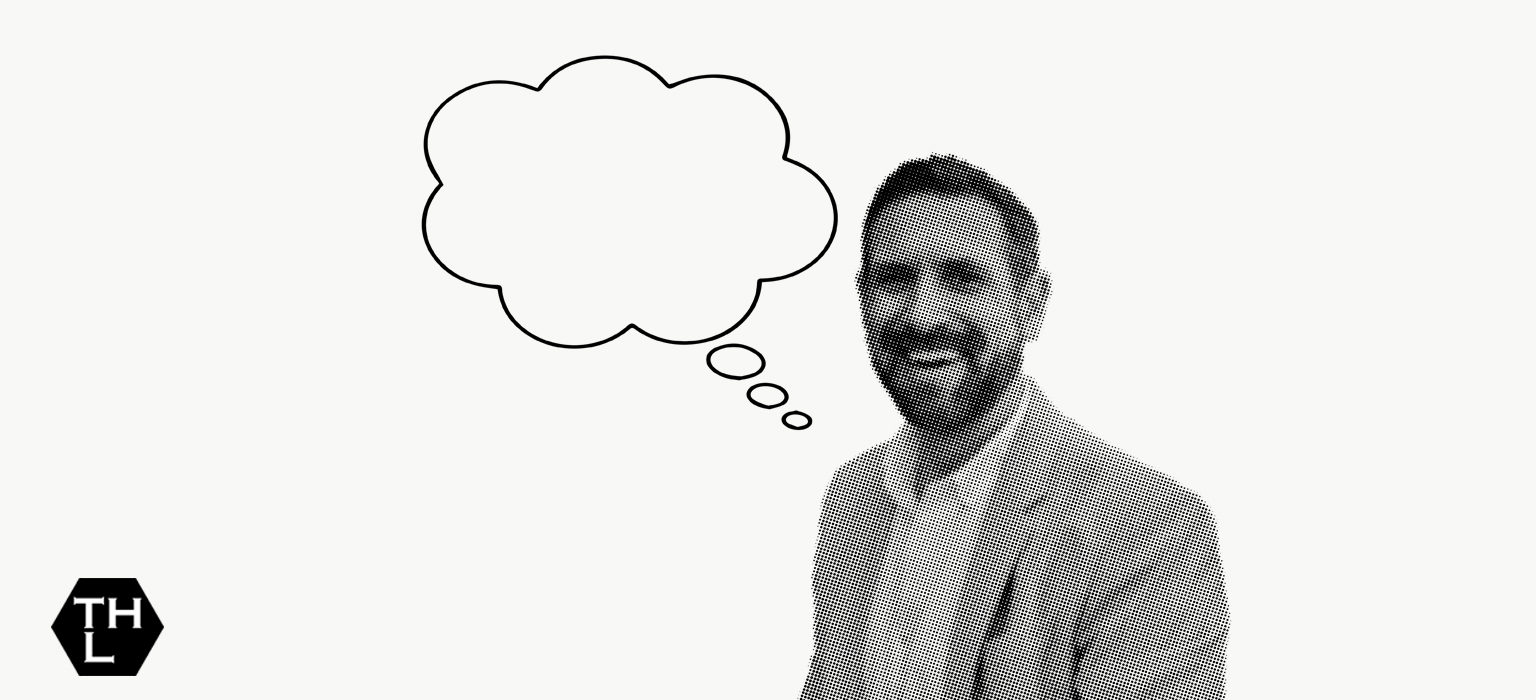
thoughtleader VIII
Massimo Casagrande
Fashion Designer by trade, he has exhibited and curated site-specific collections at the London Design Festival. With years of experience as a Programme Leader in Fashion Design, he currently is the Dean of Fashion at Istituto Marangoni in Miami. Besides education, he shares his expertise as an art director, designer, and as a contributor to fashion magazines, public speaker, and moderator.
Your podcast is rather personal, creating an inspiring harmony between humor, rumor, opinion and education. You mentioned being inspired by Suetonius’ „The Twelve Caesars“, a book that apparently is often described as heavily relying on hearsay and rumor. In a certain sense, you are very much „dans l‘air du temps“ by finding the right balance.
In your position as an educator, how do you deal with these aspects of absolute personal and often opposing truths or relying on gossip to prove a point versus knowledge and challenging the status quo with founded arguments?
Yes, Suetonis’ ‘Twelve Caesars” did inspire me, but mostly from a structural point of view. When he wrote about the emperors he focused on 3 aspects of their life: childhood, their politics and their personal side. Obviously, as you mentioned he did rely a lot on hearsay and rumor, but I really liked that approach and I decided to structure my episodes in the same way.
Actually, another influence is Alain Elkann. I do really enjoy reading his interviews and appreciate how they are all so informal and relaxed, and by having this approach, the guest is more open to answering the questions. Elkann once said, “an interview is a photograph made of words” and I would like the listeners to leave at the end of each episode with a special photo album.
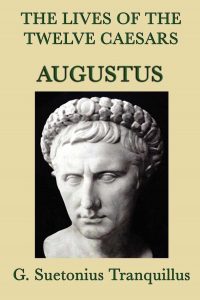
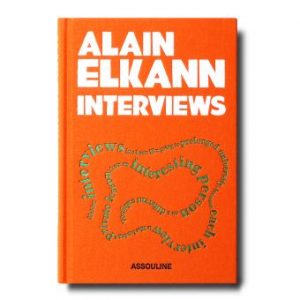
My guests are mostly people I know personally, there are 1 or 2 exceptions, but they are mostly people I have worked with, studied with, partied with or shared something with, so there is automatically a connection between us. I enjoy creativity a lot, from all angles and disciplines, so I like to speak with my guests about creativity and how they use their creativity or how creativity has moulded them. Just like Seutonius, the conversation covers their youth, their education and the path that led them to where they are today as well as how it has shaped their personal life.
The fact that I have a history with my guest allows both of us to have that extra freedom to dare say a little more, and be controversial about an issue or trend that is happening at the moment. With each guest I speak about a certain aspect of creativity relevant to them, and I will instigate by asking a question or talking about something that is currently happening to prove a point or to dispel some gossip.They have that freedom to express themselves without judgment. And of course, the humor element definitely helps, like Elkann, I like to have an informal setting that allows my guests to be themselves.
You have grown up in South Africa, studied and worked both in Italy as well as the UK. Now, you are Director of Education in a Fashion Uni in the US, Miami to be precise.
First, how have these different educational systems shaped you? Second, how does that multinational background influence your work with your American students now?
Growing up in South Africa I actually attended both an English and an Italian school, so from the start I was exposed to two educational systems and approaches. Being a third culture kid, I feel like a hybrid creature who has assimilated the best of the different educational systems and applied them to me as a person and to my career.
South Africa is such a rich country in diversity and culture, and that on its own is so informative, being exposed to different traditions and approaches I feel makes one more open minded and flexible. You learn to see things differently and understand there are different solutions or ways to achieving a certain goal or outcome. You learn to understand and appreciate the different cultural references and this is so important because it helps you to connect more with the different people you meet. You feel you have more of a connection with them.
I learned to understand and appreciate the different cultural references, it helps me to connect more with the different people I meet
Massimo Casagrande Tweet
As an academic I feel that these different systems and cultures I have been exposed to have really helped me to connect to the students, and allowed me to find something similar (a common ground) with which they can relate to, or there may be an academic approach from my own personal experience as student, which I felt helped me, that I can apply with my students. The American students I teach are quite fascinated when they hear I’ve had these different educational backgrounds. They are quite open and receptive to understanding different approaches and some of them like to challenge themselves and try some of them.
By embracing and trying these different approaches I feel it helps them to challenge themselves and encourages them to think out of the box. We all need to do that, we need to understand that there is never only one way of doing something, and as we are continuously becoming more and more global and connected we need to start incorporating different methodologies and approaches to the educational systems.
Patrick Brigger, another thoughtleader, has written: “50 years ago, Peter Drucker coined the term of the knowledge worker and today we know that this is no longer true: we need the learning worker. Websites such as Coursera and others offer anyone, and in particular academic institutions with a renowned brand, the possibility to provide courses, short or long, where you can reach 10 or even 100 times more people than you could primarily within the academic offline premises.”
Is this a business model you are interested in? Is it the future of Higher Education?
I like the term ‘Learning Worker’. These certification courses indeed do help someone to develop specialization to existing skills without having to study full time and complement their current degrees. They apply their learning directly to their jobs/roles.
Patrick Brigger
Patrick Brigger
Are they the future of education? I think in a way they are. The pandemic has really disrupted education as well and there was a huge shift to move online. These platforms help institutions to reach a greater audience and allow people to attend, albeit virtually, to renowned schools and colleges. This is indeed a new business model which will only continue to grow. Here in the US, there is huge demand for online courses and most colleges offer programs independently or through platforms like Coursera, skillshare, etc.
How do you see the future of Higher Education (not just the US), especially in practice based areas such as Fashion, Design or the Arts? Besides the technological aspect, what would “Smart Education” be for you?
As with a majority of industries, Higher Education has also been ‘disrupted’.
Education is becoming bespoke, customizable almost a B-Y-O (build your own). We have seen a rise in specialized certification courses concentrating on developing specific topics and skills. The majority of people think that by doing a certification course instead of a traditional degree, you can get into any career or land a dream job. I’m not so sure if this shortcut is the correct way to do it.
These certifications are like ‘add-ons’ or building blocks to enhance existing knowledge. So do they work? I believe yes, but again, only if you have previously studied or have work experience and you are looking to add to your current skills.
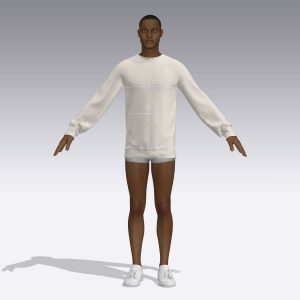
With regards to HE in my sector, Fashion Design, the introduction of software and technology (Clo3d, A.I. etc) have definitely helped during the pandemic and brought certain skills into a digital, or rather, virtual age. However, at the same time I feel there is a whole new generation who will miss out on the ‘old school’ traditional skills of learning the craft, of doing things by hand: the lack of touching a fabric, understanding how it drapes on a mannequin, sewing techniques or manipulating fabric.
Fashion is something tactile so just designing digitally removes a whole part of the process, the human element of understanding how something feels on your skin when you wear it, how do you move heritage or craftsmanship into digital without losing that human touch?
Is all this digital making us numb to human contact and moving towards a completely virtual existence?
Please name your current favourite book?
The book I’m currently reading is Marcel Duchamp: The Afternoon Interviews by Calvin Tomkins.
The interview was done in 1964 and it gives us an intimate and candid insight into his way of thinking and how he saw the Art world, society and the world in general. What comes across from the interviews are anecdotes about some of his famous works, and how he came to create them.
Duchamp has always been an artist I admired, he was so ahead of his times.
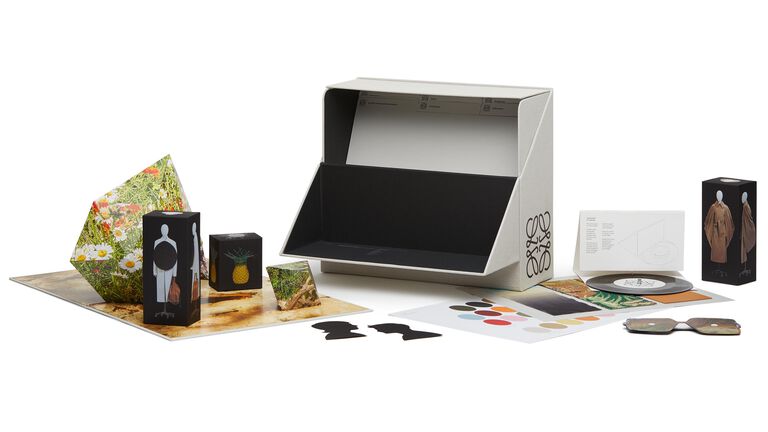
I just love how he was always going against the grain. From his refusal of Art not just being retinal but as something that serves the mind, thereby pushing the conceptual movement, to his Boîte-en-valise, challenging society to distinguish original versus reproduction. I guess what not many people know is the fact that his Boîte-en-valise were the precursors to the subscription boxes many brands offer today, and a great inspiration for Jonathan Anderson’s S/S21 ‘Show in a Box’ collection for Loewe.
The questions were exchanged via a google doc in July 2021.
